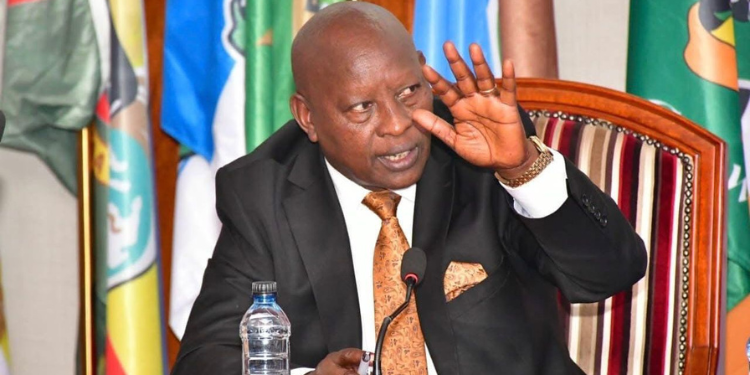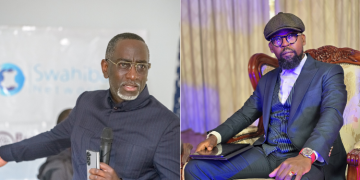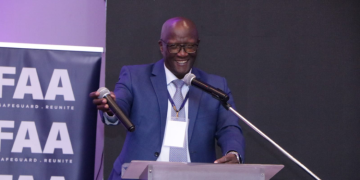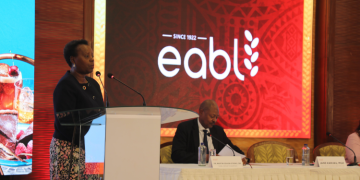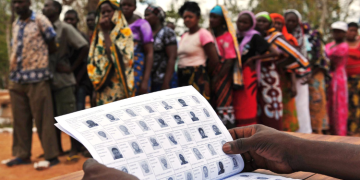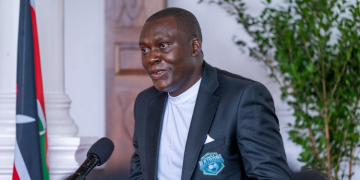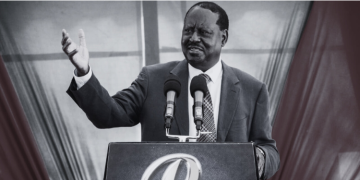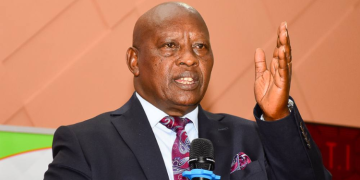In Kenya today, the pursuit of education has increasingly become a race for certificates rather than a journey of personal growth and societal transformation. This devaluation of education, treating it merely as an achievement, has led to a worrying erosion of emotional intelligence, respect, and moral grounding among the youth and even leaders.
While we have made strides in literacy, numeracy, and digital fluency, we have failed to equip learners with the emotional tools necessary to navigate relationships, resolve conflict, and lead with empathy.
The consequences of this oversight are visible in every corner of society, from broken homes to corrupt leadership.
Kenya’s Education System
Kenya’s education system has long emphasized academic performance over character development. Students are trained to pass exams, not to think critically, empathize, or engage respectfully. The result? A generation that is schooled but not truly educated.
Emotional intelligence, defined as the ability to understand, manage, and express emotions constructively, is largely absent in this model. Emotional intelligence is the ability to recognize, understand, manage, and influence emotions, both our own and those of others.
Its absence has become a silent epidemic. Marital breakdowns, domestic violence, and even fatal altercations often stem from an inability to regulate anger, communicate effectively, or empathize with others.
In Kenya and beyond, headlines frequently report tragic outcomes of disputes that escalated simply because someone lacked the emotional maturity to pause, reflect, and respond constructively.
In leadership, the stakes are even higher. When leaders speak without emotional awareness, their words can incite division, fear, or even violence.
History offers sobering examples.
In 2007, Kenya witnessed post-election violence that claimed over 1,000 lives, fueled in part by inflammatory political rhetoric.
Globally, leaders who have used divisive language have sown seeds of hatred, mistrust, and polarization. Words, when wielded without emotional intelligence, can become weapons.
Ironically, our ancestors understood the value of emotional and moral education. In traditional African societies, elders played a central role in mentoring the youth not just in skills, but in values. Through proverbs, storytelling, and communal rituals, they passed down lessons on patience, respect, self-control, and communal responsibility.
Emotional Intelligence in Modern Education
A child was not just raised by parents, but by a village that modeled emotional resilience and moral clarity.
Modern education, however, has largely sidelined this heritage. In the race for grades and credentials, we have forgotten that character is as important as competence. We have replaced wisdom with information, and in doing so, we have raised generations that are intellectually sharp but emotionally fragile.
This gap manifests in how young people interact online. Social media, once a tool for connection and learning, has become a platform for abuse, trolling, and disrespect. It’s not uncommon to see teenagers publicly insult elders, celebrities, or leaders with impunity.
The anonymity and instant gratification of digital platforms have emboldened users to abandon civility, revealing a deeper failure in moral and emotional development.A recent example is the trolling of Raila Odinga Junior and imitation of how he speaks due to a medical condition on TikTok.
In the recent times, Nyeri Governor Mutahi Kahiga made deeply controversial remarks during a burial ceremony, suggesting that the death of former Prime Minister Raila Odinga was “God’s plan” to redirect government resources back to the Mt Kenya region.
Speaking in Kikuyu, Kahiga claimed that Odinga’s political alliance with President William Ruto had diverted development to Nyanza, and that his passing was a “blessing in disguise”.
It is against the African Cultural norms for someone to disrespect the dead. National leaders condemned the remarks as un-African and disrespectful.
This incident underscores a broader societal failure: our education systems have neglected emotional intelligence.
Leaders like Kahiga, who hold immense influence, should be trained to speak with empathy, especially during moments of national mourning. Instead, we see a pattern of inflammatory rhetoric that divides rather than heals.
Traditional African education, once rooted in communal values and emotional mentorship, has been eroded by modernity.
Elders once taught restraint, compassion, and respect through storytelling and lived example. Today, these lessons are absent from classrooms focused solely on academic achievement.
To build a transformed society, education must go beyond the mind and reach the heart. Emotional intelligence should be taught as deliberately as mathematics or science.
This includes laying more emphasis in integrating Emotional Intelligence into the curriculum: by teaching self-awareness, empathy, conflict resolution, and emotional regulation through structured programs.
Also Read: Plane Carrying 12 Passengers Crashes in Kwale
The Curriculum offers all this but lacks emphasis. Hold leaders accountable for emotionally harmful speech, reinforcing that words carry weight.
However, while laws are designed to maintain order and justice, they do not always reflect the full spectrum of moral concerns.
Morality is deeply personal, shaped by culture, conscience, and empathy—elements that legal codes often struggle to capture.
As philosopher Martin Luther King Jr. once said, “It may be true that the law cannot make a man love me, but it can keep him from lynching me, and I think that’s pretty important.”
This quote underscores the law’s role in curbing harmful actions, but also its limitations in cultivating moral virtues like compassion or respect.
Therefore, education should cultivate respect, empathy, and self-awareness. Emotional intelligence is critical not just for personal success but for building cohesive communities.
Without it, academic brilliance becomes hollow, producing individuals who may be intellectually capable but socially and ethically bankrupt.
I wish all Kenyans a good day full of Emotional Intelligence.
This article was written by Muthoni Wangila, a lecturer and researcher at Lugari Diploma Teachers College, email: [email protected].
Follow our WhatsApp Channel and X Account for real-time news updates.
